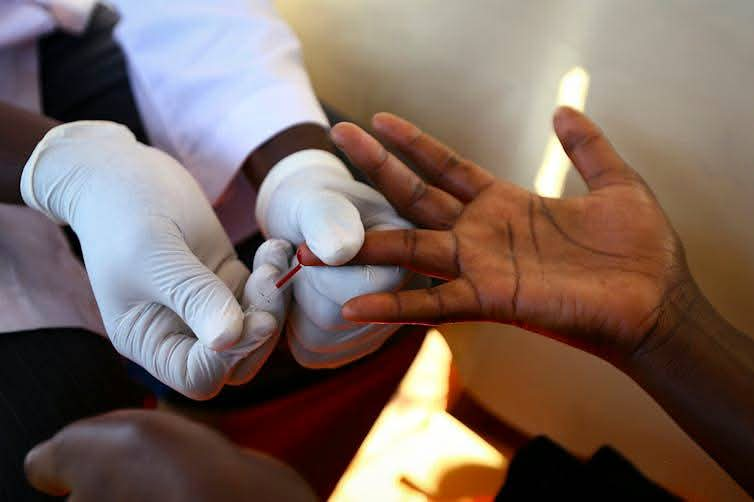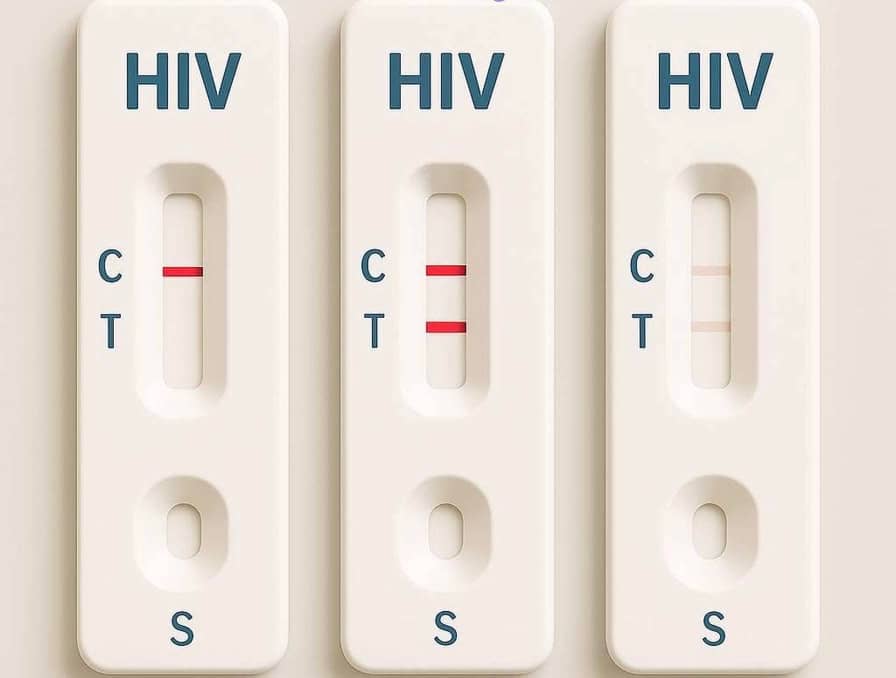
By Draxon Maloya
Mzuzu, Malawi — Despite notable progress in HIV/AIDS diagnosis and treatment leading to viral load suppression, recent findings reveal troubling setbacks linked to religious interference.
Some Pentecostal faith leaders are reportedly instructing congregants to abandon antiretroviral therapy (ART), claiming divine healing—a practice that threatens to reverse gains made in the fight against the epidemic.
A recent survey highlights the contradiction: while many religious leaders actively promote preventive measures such as male circumcision, condom use, and Pre-Exposure Prophylaxis (PrEP), others undermine treatment efforts by encouraging ART defaulting.

This comes at a time when Malawi’s HIV response faces financial uncertainty, compounded by the precarious future of PEPFAR funding from the United States government.
Medical experts warn that discontinuing ART based on faith-based directives can lead to viral resurgence, drug resistance, and increased morbidity.
Morton Chavula (not his real name), a 24-year-old patient at Mapale Health Centre in Mzuzu, shared his experience of abandoning treatment after attending a Pentecostal prayer session.
“I was very strong to a point of believing that I had been healed,” Chavula recalled. “The prophet prayed for me at the Pentecostal prayer band in Mzuzu Central Business District. I was told to throw away the ARVs I was taking. But it didn’t take long before I became chronically ill—up to this day.”
Chavula was among several youth identified in a MedRxiv survey assessing community factors influencing ART defaulting in Mzimba District. The study linked defaulting to increased mortality, drug resistance, and opportunistic infections.
While the study did not isolate religious influence as the sole factor, it found statistically significant correlations between ART defaulting and lack of social support, long distances to clinics, and youth migration.
Lovemore Kabaghe, Public Relations Officer for the Mzimba District Health Office, acknowledged the gravity of the situation:
“ART defaulting remains a major challenge among youth globally and in Malawi. Although the national average stands at 15.5 percent, it still derails our efforts to meet the 95-95-95 targets.”
Kabaghe emphasized that viral suppression is critical to reducing HIV-related mortality and that the district’s progress is hindered by youth defaulting. He also noted that only 2 percent of the national health budget is allocated to HIV awareness campaigns, making resource mobilization essential.
Prophetess Doris Chaponda of the Pentecost and Charismatic Network of Malawi (PECHATOMA) condemned the practice of advising patients to abandon medication without medical confirmation:
“Even those healed by Jesus Christ were told to show themselves to the priests. That has a deeper meaning today—only medical personnel can certify healing. We will continue engaging church leaders to ensure we achieve our goals in fighting the epidemic.”
Karen Msiska, then Public Relations Officer for the National AIDS Commission (NAC), echoed the need for collaboration:
“We’ve engaged faith healers through PECHANOMA and PROMAM, and received positive feedback. But there are still pockets clinging to outdated beliefs.”
Msiska warned that NAC will enforce the HIV and AIDS Act against those spreading false claims: “Anyone found guilty of spreading misleading information on HIV will face a K5 million fine and up to five years in jail.”
This investigative piece underscores the urgent need for coordinated efforts between healthcare providers, policymakers, and faith communities to safeguard the health of people living with HIV/AIDS—especially vulnerable youth.
(First published on: 22.04.2024)




